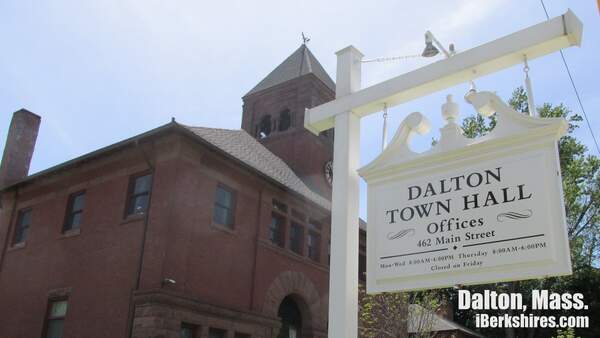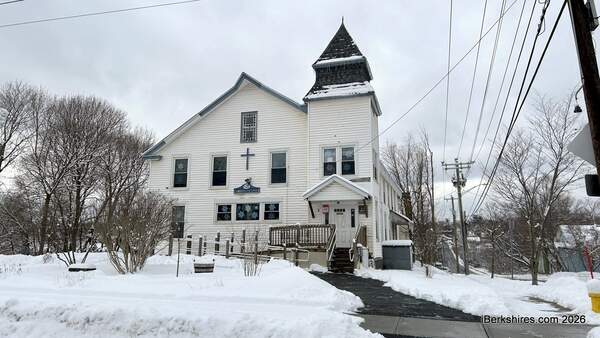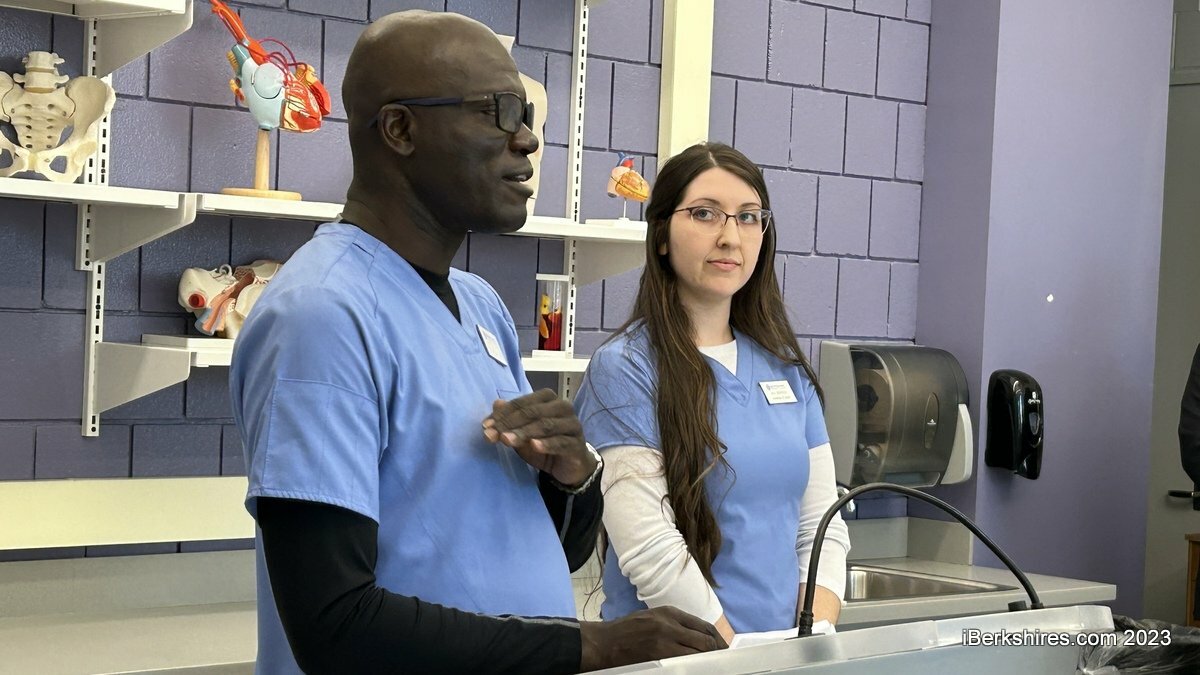
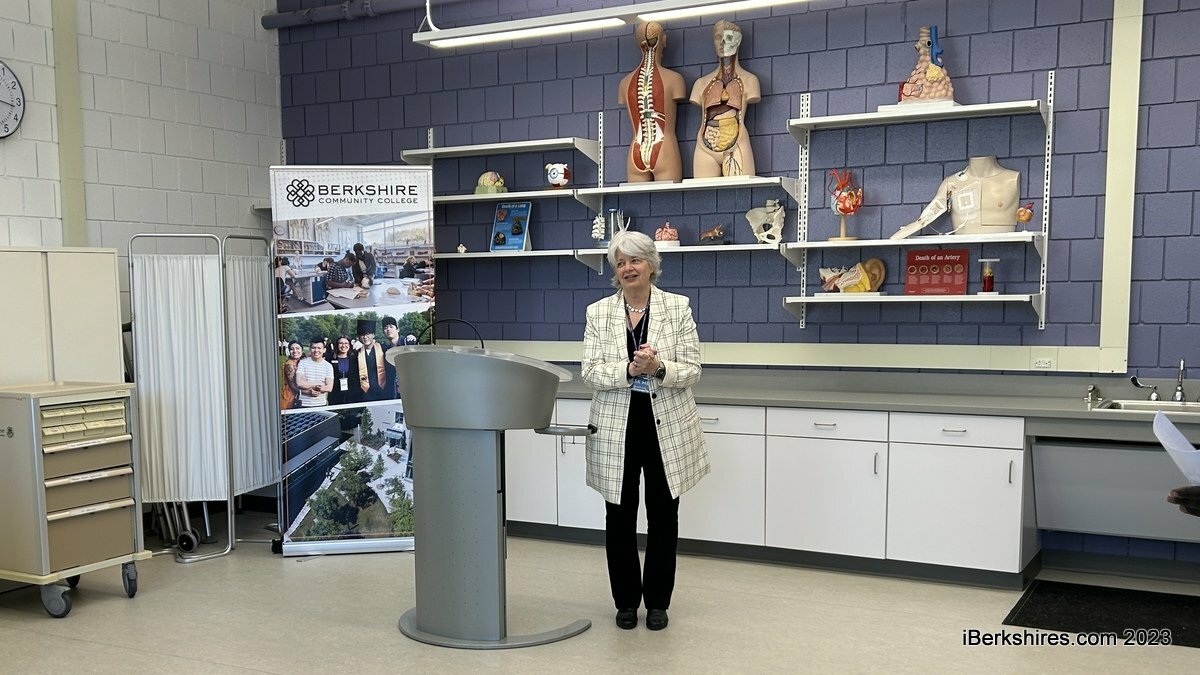
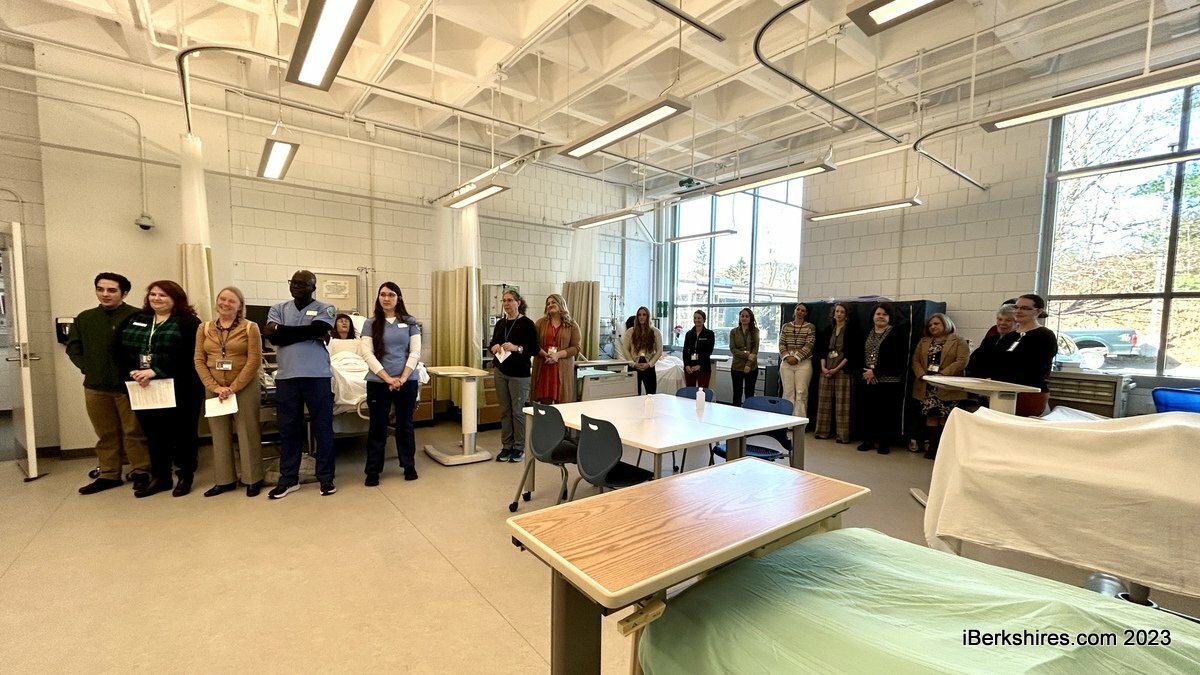
BCC Celebrates Free Tuition Program for Nursing Students
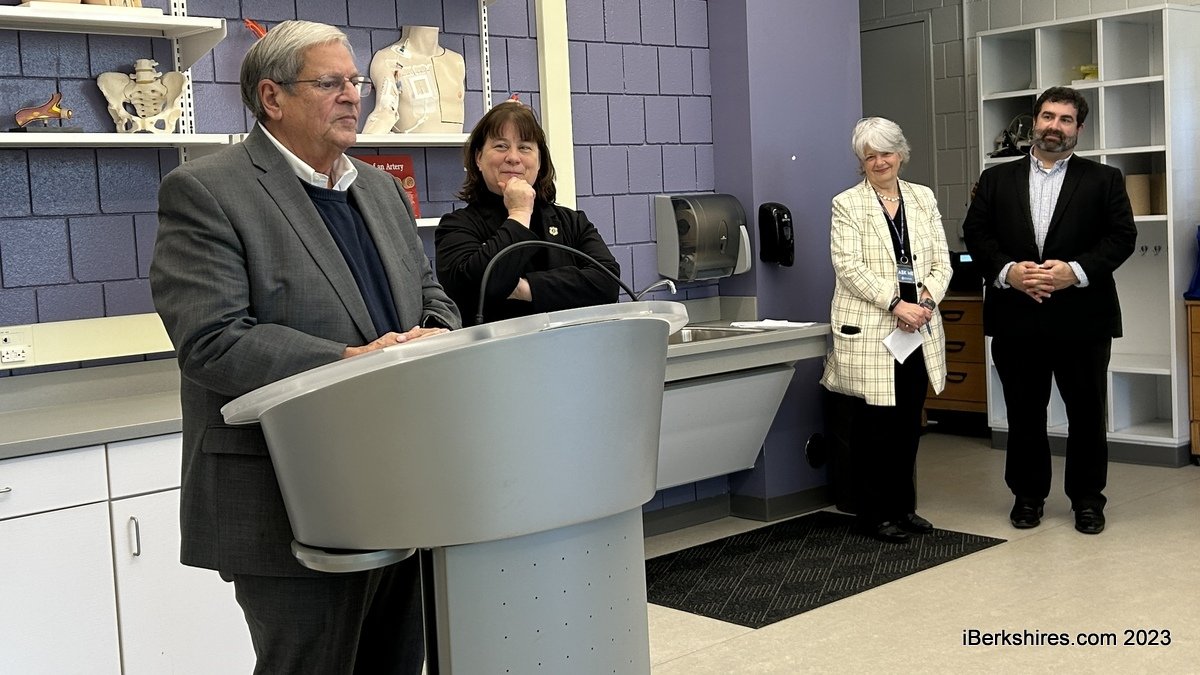
PITTSFIELD, Mass. — Health-care students without a prior degree are getting a boost from the state through the Community College Nursing Scholarship Program.
This news was celebrated in Berkshire Community College's SIM lab on Monday with legislators, students, and staff. College President Ellen Kennedy explained that the new program allows students to attend nursing and pre-nursing programs for free.
"We are really fortunate to be able to offer this program and change the whole ecosystem of Berkshire County when it comes to nursing," she said.
"And one of the things that we're most proud about is the way our program has grown over the last few years and it has grown with purpose, focus, fabulous faculty, and obviously fabulous leadership."
Out of the college's 1,600 student population, more than 400 are enrolled in nursing and pre-nursing programs, which is growing.
Kennedy said this is addressing an urgent need in Massachusetts, as health care is one of the highest employment sectors. BCC is one of 15 community colleges in the commonwealth that are eligible.
Dean of Nursing Lori Moon said associate degree nursing and practical nurse programs haven't always received the best support and this shows that they are valued.
"We are so thrilled to have the support from the state to be able to support our students to take away one little bit of anxiety financial wise because there is lots of anxiety in nursing programs," she said.
"We all know it's not easy nor should it be easy to get through a nursing program and this is just one less stressor that we can help students with and support them with."
Last month, the Healey-Driscoll administration announced the $18 million scholarship program as a part of the fiscal 2024 budget. At BCC, several areas of study are covered by the program including pre-nursing; Practical Nursing Certificate for licensed practical nurses; associate degree in nursing for registered nurses; and the LPN to ADN Bridge Program.
Those eligible for the program must:
- Reside in Massachusetts for at least one year prior to the beginning of the school term and be a U.S. citizen, permanent legal resident, or non-citizen eligible under Title IV regulations, or have an approved eligibility status designated by the Board of Higher Education.
- Have not earned a prior degree.
- Not be in default on any state or federal student loans for attendance at any institution.
- Complete the Free Application for Federal Student Aid (FAFSA) annually or an alternative application designated by the Massachusetts Department of Higher Education.
- Be enrolled full-time or part-time in a nursing program at a community college in Massachusetts.
- Meet satisfactory academic progress (SAP.)
- Demonstrate unmet need toward the costs of tuition, fees, books, and supplies after all other grant and scholarship aid has been accounted for.
Third-semester nursing students Ana Dermody and Tom Atimbo shared their perspectives on the nursing program and its importance in the community and beyond.
Last year, the college received a $350,000 grant through Congressionally Directed Spending (CDS) from the U.S. Departments of Labor, Health and Human Services, and Education to upgrade its simulation lab models and other equipment. This allows students to practice real-world scenarios outside of the hospital.
"There really isn't a week that goes by where I don't feel like I've been able to contribute positively to my community through the program," Dermody said.
"With the addition of the new simulators at BCC, students are now able to apply what we've learned in lecture and in our reading to hands-on skills we will need after we graduate. We can't always predict the type of patients we will see when working in clinicals and the simulators allow us to create scenarios and feel prepared."
Atimbo explained that this is the only opportunity for students to work on patients who are not human beings and correct mistakes before they are placed in a real setting.
"The small class that we have here enables us so that we have that relationship close with the professors and also helps us to work together as a team because sometimes managing a big crowd of students can be very hard," he added.
"So I think the community college presents us with everything we need as students so that when we go out there we are really prepared."
State Sen. Paul Mark and state Reps. Tricia Farley-Bouvier and John Barrett III attended the press conference.
"It's your money, that we're investing in this. It's not my money, President Kennedy's money, or the governor's money. This is all of our money that we're putting together in the commonwealth and deciding, we get to decide sometimes, how to invest that money," Farley-Bouvier said.
"And so we are not giving anything away. We are investing in this program. Why? Because there is such a great need out there for nurses, nurses at all levels."
BCC graduate and a former valedictorian Ethan Trautman said BCC gave him the tools to be a successful nurse in two years and that is "magical."
"Any financial aid we can provide these nursing students really give them a backbone to get into this profession and to complete their degree and I think the challenges you go through are hard enough without having to worry about where your food is going to come in, or how are you going to afford your apartment," he said, adding that he is glad to see the next generation of nursing students have increasing support from legislators and educators.
Tags: BCC, nursing education, state grant,




